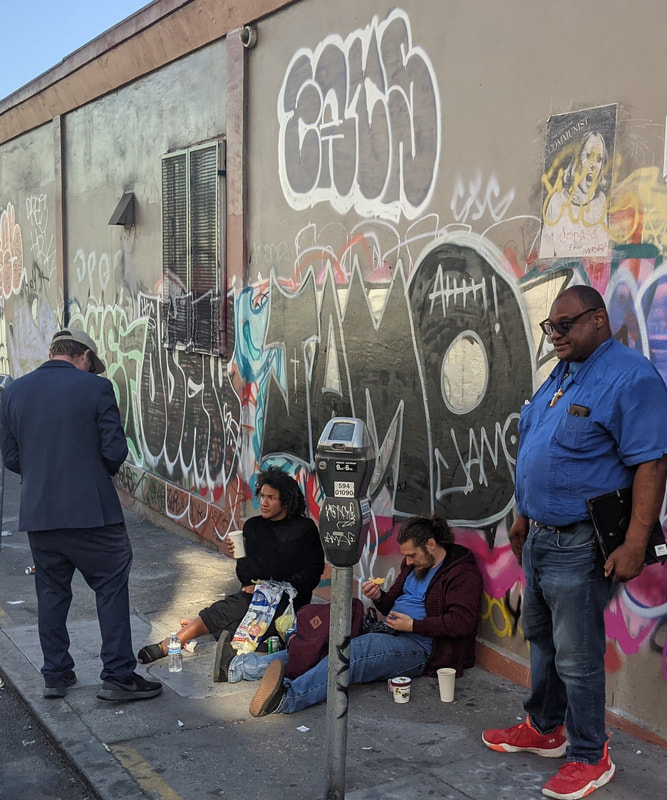This Easter Octave was especially bright for all of us. “The lights shines in the darkness,” the priest would read at the end of every Mass, “and the darkness has not overcome it.” For eight days we have been luxuriating in the splendor of Easter morning with this verse: haec dies quam fecit Dominus; exultemus and laetemur in ea. “This is the day the Lord has made; let us rejoice and be glad in it.” The “it” in that verse refers to “the Day,” but the Day is the Risen Christ. He is the Light, the Daystar, and He rises every morning. The Jewish people, even in their darkest periods, have been singing Psalm 22 for 3000 years: “His mercies are renewed each morning, so great is His faithfulness.” And so why are we sad?
For 1600 years the priest would begin Mass Psalm 42, including this verse: confitebor tibi in cithara, Deus, Deus meus: quare tristis es, anima mea, and quare conturbas me? “I will praise you, God, my God, on the harp: why are your sad, my spirit, and why do you disturb me?” It's a question I ask and answer every morning before I become fully awake. This time of day is the hardest for me, as the darkness still covers me and I muse on the troubles the coming day will bring. My soul is sad, and it disturbs me, and I have to make this act of will: I will believe that “His mercies are renewed each morning.” Like King David in his Psalm 42, I have to shake my finger at my own spirit, scolding it for disturbing me. Why are you sad, or spirit? Why do you keep bothering me?
We all have to scold our own spirits when they moan in sadness. We have to say to them: This is day the Lord has made, and it is Jesus himself. He floods the world with light, so why are you sad, you bad soul? You naughty spirit. Stop bothering me, and let me sing to the Lord my God with all my heart!



 RSS Feed
RSS Feed